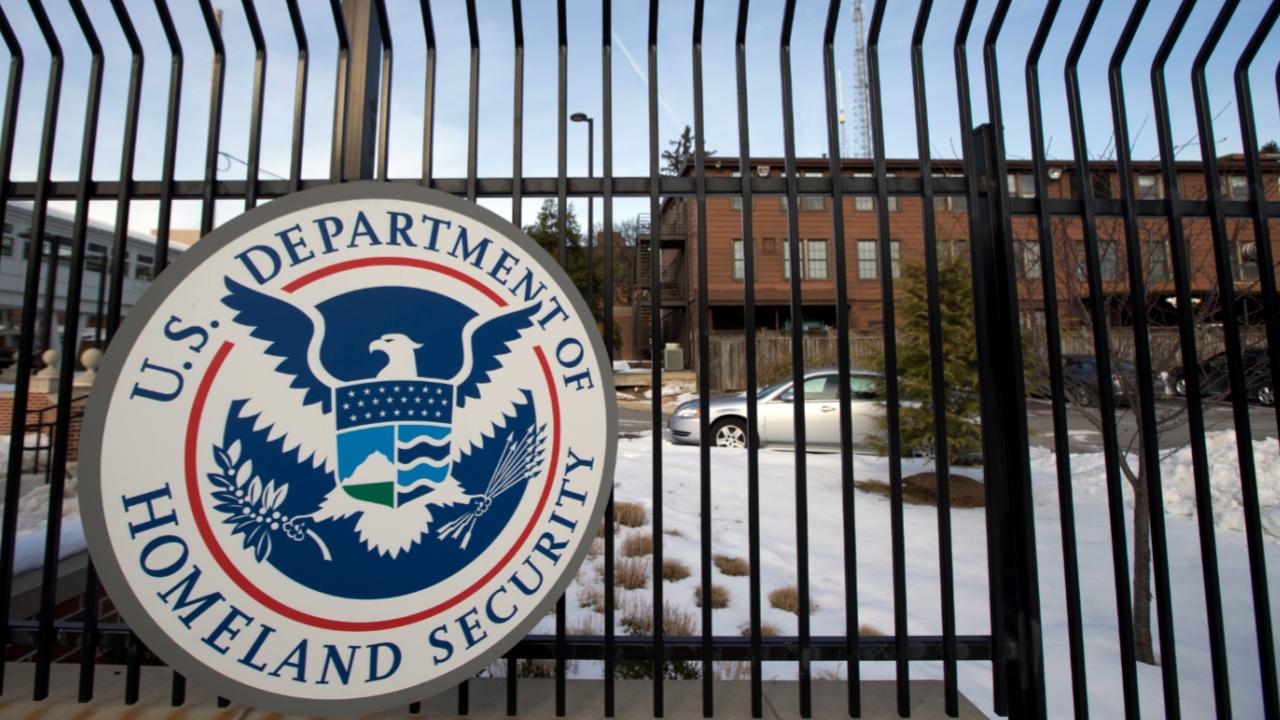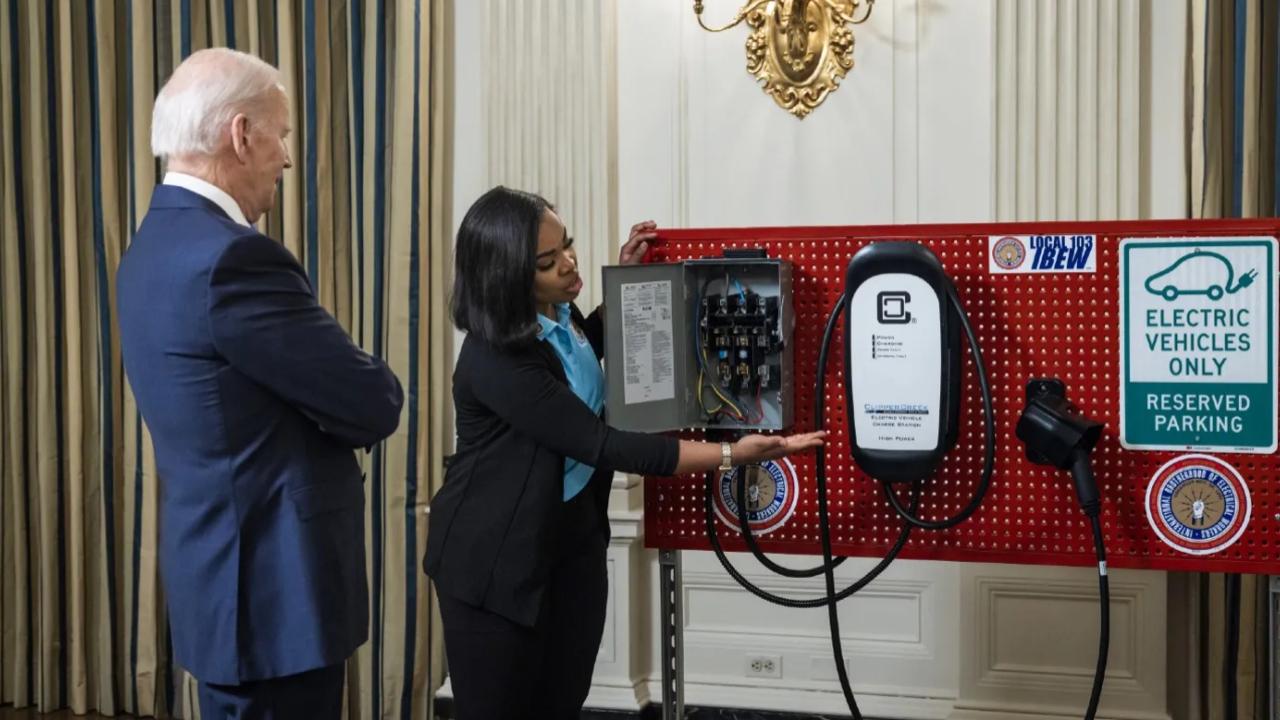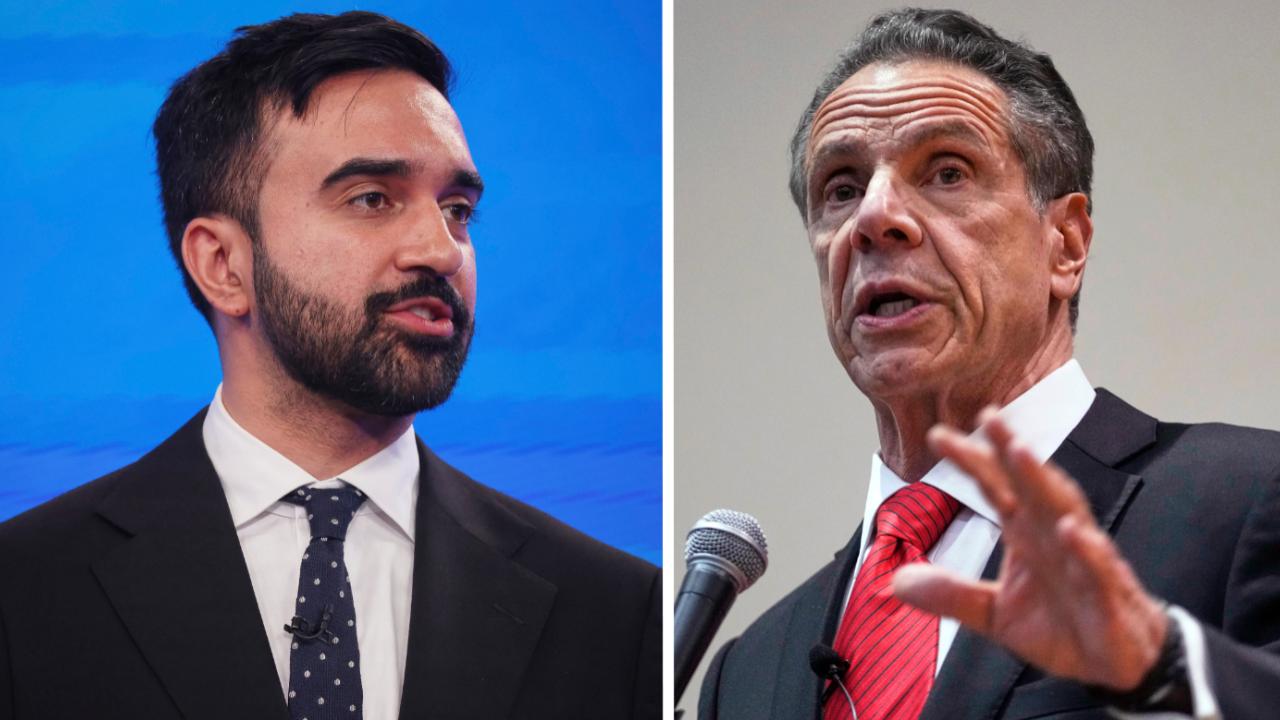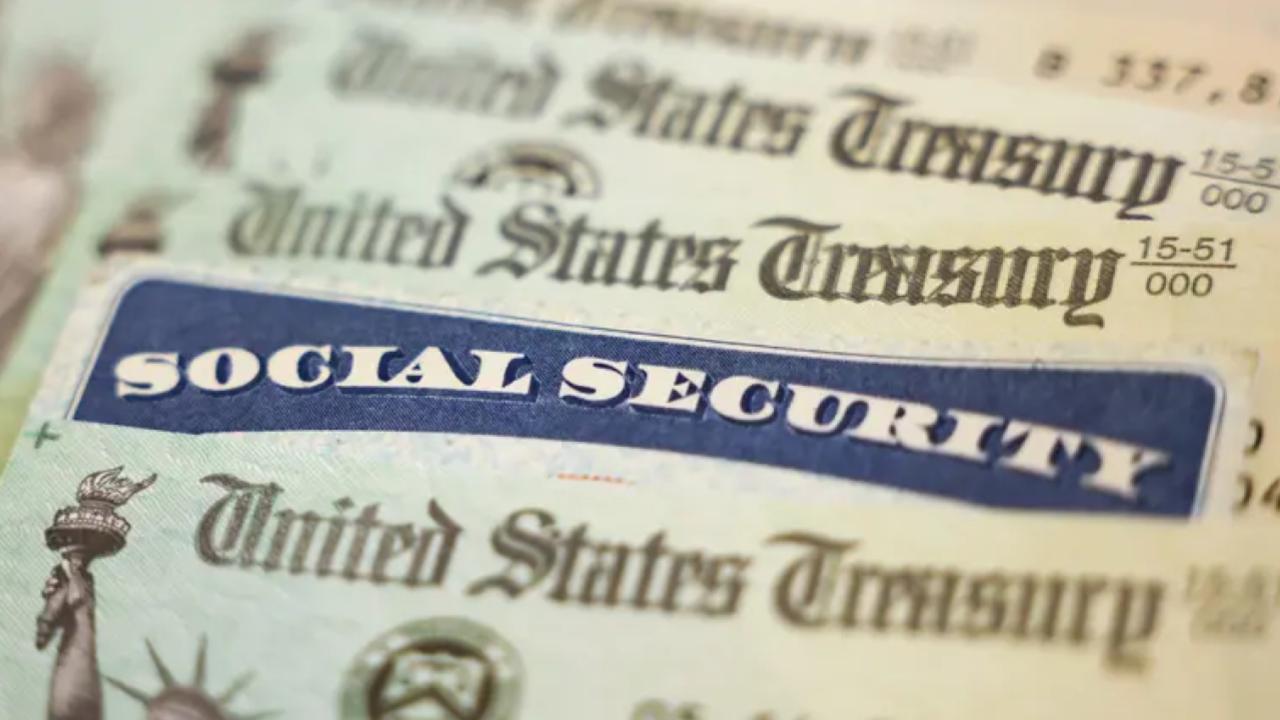Moderate House Republicans are drawing a line in the sand—and fast. Sixteen GOP members of Congress have warned leadership that they “will not support” the Senate’s version of Trump’s One Big Beautiful Bill Act unless major changes are made to protect Medicaid. At the heart of their revolt? A proposal that slashes funding for rural hospitals and jeopardizes health coverage for millions.
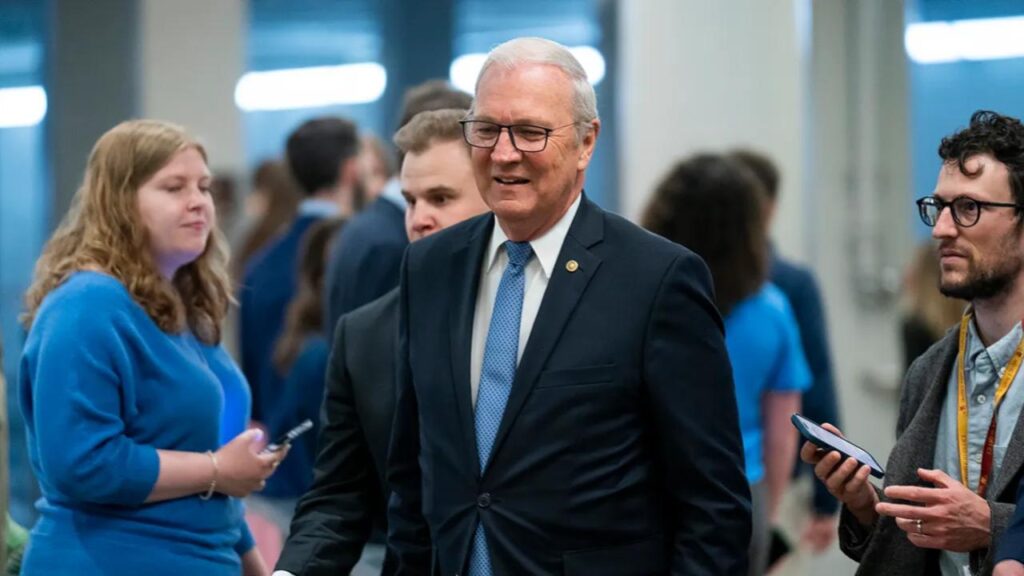
House GOP Moderates Revolt Over Senate’s Medicaid Gutting
| Insight | Stat or Detail |
|---|---|
| GOP moderates push back | 16 House Republicans signed a letter opposing the Medicaid provisions in the Senate bill |
| Key flashpoint: Provider taxes | Senate plan cuts allowable provider taxes from 6% to 3.5%, threatening state Medicaid funding |
| Coverage at risk | CBO projects 10–11 million fewer people on Medicaid under current GOP proposals |
This showdown isn’t just legislative sausage-making—it’s a test of the GOP’s internal unity and its vision for healthcare. Whether the moderates hold the line—or blink—could reshape both Medicaid and the midterms.
What’s at Stake for Medicaid?
The reconciliation bill, dubbed the One Big Beautiful Bill Act, is President Trump’s flagship economic and healthcare overhaul. It extends his signature tax cuts, pares down renewable energy credits, and proposes sweeping social program changes—including deep cuts to Medicaid.
The House version already includes work requirements and eligibility crackdowns. But Senate Republicans want more: they’re slashing “provider taxes,” a crucial funding mechanism that helps states pay for Medicaid. By lowering the allowable rate from 6% to 3.5%, the new rule would blow a hole in state Medicaid budgets—particularly in rural states where hospitals rely heavily on these funds.
“This could be the final nail for rural healthcare,” said Sen. Josh Hawley (R-MO), who’s openly criticized the cuts.
Why GOP Moderates Are Revolting
Moderate Republicans—especially those from competitive districts—are sounding alarms about how the Senate plan could backfire.
In a June 24 letter addressed to Speaker Mike Johnson and Senate Majority Leader John Thune, Reps. David Valadao (CA), Juan Ciscomani (AZ), Lori Chavez-DeRemer (OR), and 13 others warned:
“We will not support a final bill that threatens access to coverage or jeopardizes the stability of our hospitals and providers.”
That group includes members from states where Medicaid expansion is popular—and politically untouchable. Their fear: voting for this bill could hand Democrats a powerful campaign issue in 2026.
Having reported on several healthcare overhauls over the years, I’ve seen this pattern before. Rural hospitals don’t just treat patients—they’re often one of the few stable employers in a community. Shaking up their funding can have ripple effects far beyond hospital walls.
Senate’s Countermove: Deeper Cuts, Bigger Backlash
The Senate Finance Committee’s changes were introduced June 16 and immediately raised eyebrows. Besides trimming provider taxes, the updated bill phases out several pandemic-era Medicaid subsidies and makes it harder for people to maintain coverage through minor income changes.
According to the nonpartisan Congressional Budget Office (CBO), those tweaks could mean 10 to 11 million fewer Medicaid enrollees by 2034. That number alone has moderates rethinking their support.
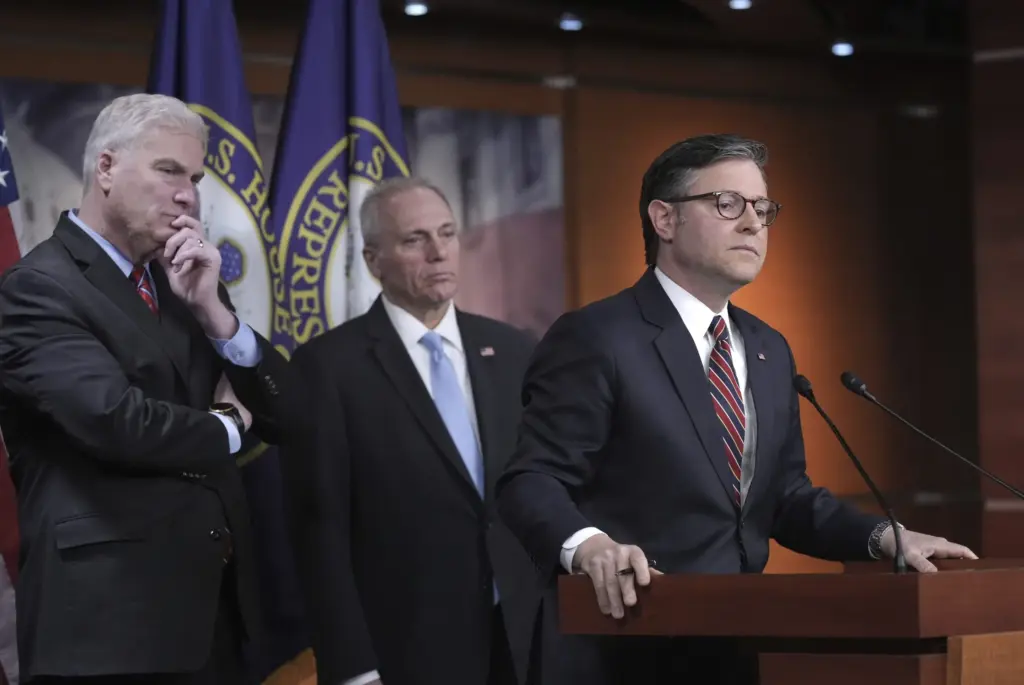
Even some conservative senators, including Hawley and JD Vance (R-OH), have raised red flags about the impact on low-income and rural residents. “We’re talking about real people losing access to real care,” Vance said during a Fox News interview on June 19.
TikTok: The Fast-Ticking Clock
The GOP leadership had hoped to pass a final version of the bill by July 4, but this rebellion could derail that timeline. Here’s the crunch:
- June 16: Senate Finance introduces deeper Medicaid cuts.
- June 24: House moderates deliver their warning letter.
- By July 4: Leadership aims to finalize and pass the bill before recess.
If the House and Senate can’t reconcile their differences fast, the bill could get punted to late summer—raising the stakes for fall campaigning and budget negotiations.
What Happens If the Bill Fails?
If the Senate doesn’t roll back its Medicaid provisions:
- House moderates have the numbers to tank the bill on the floor.
- Democrats are united in opposition, making every GOP vote crucial.
- A failed vote would stall other GOP priorities, including tax reform and energy rollbacks.
There’s also a broader ideological rift: budget hawks want to rein in entitlement spending; moderates want to avoid political fallout—and potential human suffering.
FAQs
Why is the provider tax important?
States use provider taxes to help fund their share of Medicaid costs. Cutting this tax cap shrinks how much states can leverage in federal aid—particularly hurting rural and low-income areas.
What do moderates want changed?
They want the provider tax cap removed or softened and are pushing to maintain at least partial pandemic-era subsidies.
Could this bill still pass by July 4?
It’s possible—but increasingly unlikely without concessions from Senate Republicans. Moderate pushback has complicated the timeline significantly.


